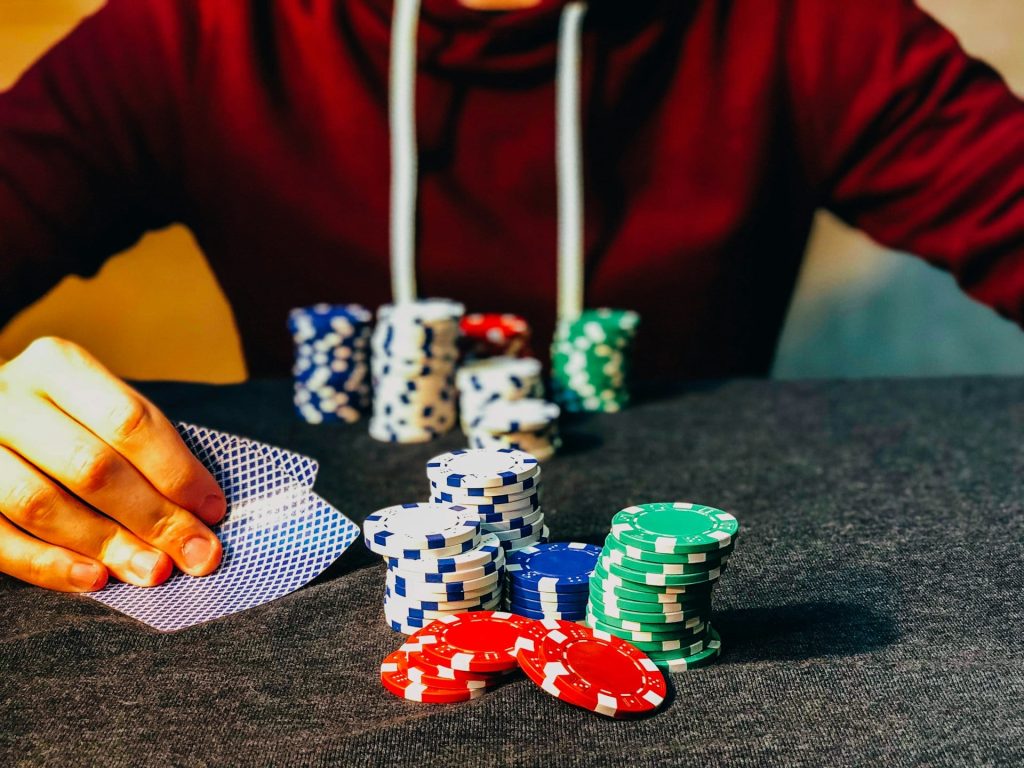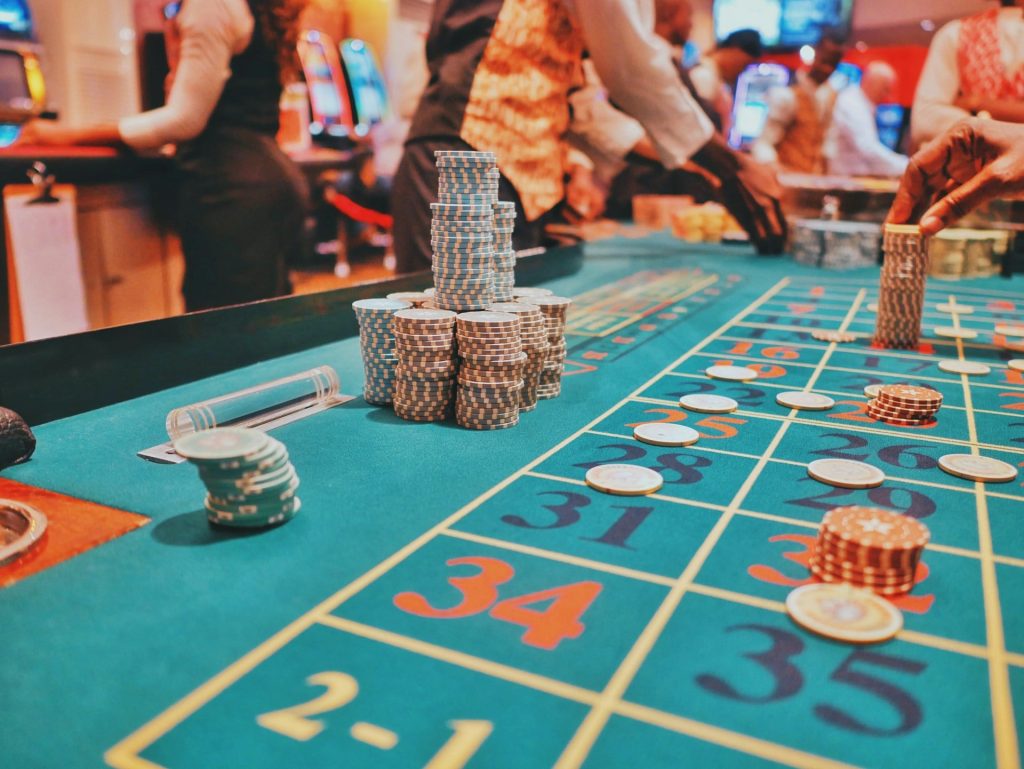Recognizing shifts in behavior can help address challenges before they escalate. Many people enjoy casual betting as a recreational activity, but when does it cross the line? Experts like the Mayo Clinic highlight that compulsive risk-taking activates the brain’s reward pathways, creating patterns that may spiral into harmful habits.
Subtle changes often go unnoticed. For example, someone might downplay losses or prioritize wagering over responsibilities. These behaviors, though small at first, can gradually disrupt relationships, finances, and mental health. Research from Priory Group shows that repeated stimulation of dopamine receptors during gambling reinforces the urge to continue, even when negative consequences arise.
Understanding these initial patterns is key. Studies suggest interventions during this phase yield better outcomes. This article explores how to identify red flags and offers practical steps to address them. Let’s break down what to watch for—and why acting sooner makes a difference.
Introduction to Gambling Addiction
Gambling addiction, also called compulsive gambling, isn’t just about occasional bets. It’s a persistent urge to keep wagering, even when it harms finances, relationships, or mental health. Unlike casual players who set limits, those struggling with this problem often chase losses or hide their behavior. The DSM-5 classifies it as a behavioral disorder linked to impaired control over gambling habits.
Research shows genetics and environment both play roles. For example, someone with a family history of addiction may be more vulnerable. Stressful life events or social circles that normalize frequent betting can also trigger problematic patterns. The brain’s reward system reinforces this cycle—dopamine surges during wins create cravings to repeat the behavior.
Financial strain is a common consequence. Mayo Clinic reports that individuals may drain savings, accumulate debt, or borrow money secretly. Family dynamics often suffer too, as trust erodes and conflicts over dishonesty arise. Mental health challenges like anxiety or depression frequently develop alongside these struggles.
Recognizing these patterns early improves outcomes. Treatment options, including therapy and support groups, can help rebuild healthy habits. In the sections below, we’ll explore how to spot red flags and navigate recovery steps effectively.
Recognizing Early Signs of Gambling Addiction
Spotting the initial phase of a betting habit requires attention to subtle shifts. Research from the Research Institute on Addictions reveals three core indicators: obsession with gambling, chasing losses, and constant planning around wagering. For instance, spending hours strategizing bets or checking odds repeatedly may signal an unhealthy focus.
Another red flag is the urge to recover lost money by continuing to gamble. This “chasing” behavior often stems from the brain’s dopamine-driven reward system, which reinforces risky decisions. Over time, this cycle can erode financial discipline, leading to impulsive borrowing or neglecting bills.
Daily routines may also shift noticeably. Someone might spend increasing time on betting apps or cancel plans to gamble. Missed deadlines at work or strained personal relationships often follow. Studies link these patterns to a 65% higher likelihood of developing severe issues if unaddressed.
Recognizing these challenges early improves outcomes. Open conversations and professional support can help redirect behavior before consequences worsen. If you notice these red flags, consider reaching out—timely action matters.
Behavioral Changes and Warning Signals
Behavioral shifts often serve as the first visible clues that gambling habits are becoming problematic. A person might cancel social plans to stay home betting online or spend hours researching odds instead of focusing on work. These behaviors quietly push hobbies and responsibilities aside, creating imbalance.
Irritability and restlessness frequently surface when trying to cut back. A University of Chicago study found 72% of participants reported mood swings during gambling-free periods. Some lie about their activities or hide financial statements, fearing judgment from loved ones.
Mental health challenges often accompany these patterns. Anxiety spikes after losses, while secrecy fuels isolation. Clinical observations show how compulsive gambling rewires decision-making, making it harder to pause even when consequences mount.
Friends might notice unusual defensiveness about time or money. Others observe sudden secrecy with devices or unexplained absences. These warning signals highlight the need for compassionate support before the disorder deepens.
Financial and Relationship Impacts
Financial instability often acts as a domino effect when gambling becomes a problem. Research shows 60% of individuals with this disorder face severe debt within two years of uncontrolled betting. Savings vanish, credit cards max out, and some even risk home equity to fund their activities. Priory Group data reveals 1 in 3 people develop bankruptcy risks due to repeated losses.
Relationships fray under the weight of broken trust. Partners might discover hidden loans or drained college funds. A 2022 Mayo Clinic case study describes a father who gambled his family’s vacation savings, creating lasting resentment. Secrecy around money often leads to emotional distance, with 48% of spouses reporting communication breakdowns.
Stress compounds as financial pressures mount. Anxiety spikes when bill collectors call or paychecks disappear into betting apps. This strain frequently spills into workplaces—employees distracted by debt may miss deadlines or clash with coworkers. One construction worker interviewed lost two promotions after repeatedly arriving late due to late-night poker games.
Rebuilding takes time, but support networks help. Open budgeting with loved ones and credit counseling can start healing both wallets and relationships. Small steps matter when untangling this complex web.
Emotional and Physical Health Indicators
The strain of compulsive betting often leaves marks on both mind and body. Anxiety and depression frequently surface as individuals wrestle with guilt over mounting losses. Many report feeling trapped in a cycle of secrecy, which amplifies emotional distress over time.
Physical symptoms like headaches or insomnia often accompany the stress of chasing losses. Sleep patterns may unravel as late-night gambling sessions replace rest. A Yale University study found that 58% of people with gambling problems experience digestive issues due to chronic stress.
Some turn to alcohol to numb difficult emotions tied to their habits. This dual struggle complicates recovery, as substance use clouds judgment and deepens financial strain. Loved ones might notice increased irritability or withdrawal from family activities.
These health challenges ripple outward. Partners often shoulder the burden of hidden debts, while children sense tension but lack context. Open conversations about mental health can ease this strain, but professional guidance is usually needed to break the cycle.
Recognizing these symptoms early improves outcomes. Therapies like cognitive-behavioral approaches help address root causes, while support groups foster accountability. Prioritizing health—both emotional and physical—is a critical step toward recovery.
Causes and Risk Factors Behind Gambling Addiction
Understanding why some people develop problematic gambling habits involves exploring a mix of biological and environmental influences. Studies show genetics account for up to 50% of susceptibility, according to Yale research. Traits like impulsivity or a competitive nature also raise risks, especially when combined with stress or isolation.
The brain’s reward system plays a key role. Winning triggers dopamine releases, creating powerful cravings to repeat the behavior. Over time, this chemical response can override logical decision-making, fueling cycles of compulsive gambling.
Financial pressures often accelerate these patterns. Job loss or mounting bills may drive someone to chase quick fixes through betting. Ironically, losses deepen stress, creating a self-destructive loop that’s hard to escape.
Mental health conditions like depression or ADHD frequently overlap with these struggles. A National Institutes of Health report found 30% of people with gambling disorders also battle mood issues. Untreated symptoms can worsen impulsive choices.
Recognizing these root causes helps tailor effective treatment plans. Therapies addressing both behavior and underlying triggers offer better recovery outcomes—proof that knowledge truly is power.
Preventive Steps and Early Intervention Strategies
Taking proactive steps can reduce risks before habits spiral out of control. Start by setting clear financial boundaries—like weekly spending caps—and stick to cash-only budgets. Avoid casinos, betting apps, or social circles that normalize frequent wagering. Research shows people who limit exposure to these environments cut relapse risks by 40%.
| Prevention Strategy | Intervention Example | Effectiveness |
|---|---|---|
| Financial Controls | Block gambling transactions via bank alerts | Reduces impulsive spending by 32%* |
| Social Support | Join free community programs | Improves accountability by 55%* |
| Professional Guidance | Attend Gamblers Anonymous meetings | Boosts long-term recovery rates by 65%* |
*Based on University of Pennsylvania behavioral studies
If challenges arise, seek help immediately. Therapists specializing in behavioral disorders use tools like cognitive-behavioral therapy to break cycles. Support groups provide peer accountability—members share practical tips for managing urges.
Replace high-risk activities with healthier hobbies. Exercise, creative projects, or volunteering redirect focus away from triggers. Track progress using apps that monitor spending and mood patterns.
Small changes create big impacts. Addressing problems early improves outcomes and protects relationships. Remember: recovery is a journey, not a race—every step counts.
Helping a Loved One Overcome Gambling Addiction
Supporting someone through challenges with betting requires patience and care. Start by choosing a quiet moment to talk—avoid confrontations during stress. Use “I” statements like, “I’ve noticed you seem worried about money lately,” to reduce defensiveness. Research from Priory shows this approach increases openness to discussing habits.
Offer support instead of ultimatums. Suggest exploring free assessments from treatment centers together. Many problem gamblers feel isolated; emphasizing teamwork builds trust. Phrases like “Let’s find solutions” foster collaboration rather than blame.
Professional resources make a difference. Gamblers Anonymous meetings provide peer guidance, while therapists teach coping strategies. Share these options gently—say, “I found this group that could help us both understand better.”
Watch for red flags: secretive phone use, sudden loans, or mood swings after betting apps. These patterns often signal deeper struggles. Avoid covering debts, which can enable harmful cycles.
Create a recovery-friendly environment. Plan activities that replace gambling triggers, like hiking or game nights. Celebrate small wins—even acknowledging the issue is progress. With compassion and consistency, loved ones can rebuild healthier futures.
Conclusion
Understanding the path to recovery begins with awareness. Gambling disorder affects every part of life—from strained relationships to mounting debt. Research shows that timely support improves recovery chances by over 60%, according to studies by Yale and the National Institutes of Health.
Friends and family play a vital role. Open conversations about money habits or shifts in behavior can break cycles of secrecy. Professional treatment options, like therapy and support groups, equip individuals with tools to rebuild healthy routines.
If you notice someone prioritizing betting over work or hiding losses, act now. Small steps—setting financial boundaries or attending Gamblers Anonymous meetings—create momentum. Recovery isn’t easy, but hope exists. With compassion and the right resources, anyone can reclaim control.
You’re not alone. Help is here.
FAQ
How can I tell if someone has a gambling problem?
Look for behaviors like hiding spending habits, borrowing money frequently, or lying about time spent on betting. Mood swings, neglecting responsibilities, or sudden secrecy about finances may also signal an issue.
Can gambling harm relationships?
Yes. Compulsive betting often leads to broken trust, arguments over money, and emotional distance. Family members might feel ignored or resentful as the problem grows.
What steps help someone quit gambling?
Encourage open conversations without judgment. Suggest therapy, support groups like Gamblers Anonymous, or financial counseling. Setting boundaries around money can also protect loved ones.
Is compulsive gambling linked to other disorders?
Often. Many people with gambling issues also struggle with anxiety, depression, or substance use. Treating these conditions together improves recovery chances.
Are there effective treatments for gambling addiction?
Yes. Cognitive-behavioral therapy (CBT) helps change harmful thought patterns. Medications for co-occurring mental health issues, along with peer support, often lead to positive outcomes.
How do I protect finances if a partner gambles?
Separate bank accounts, limit access to shared funds, and monitor credit reports. Consulting a financial advisor can prevent further losses and create a safety plan.




